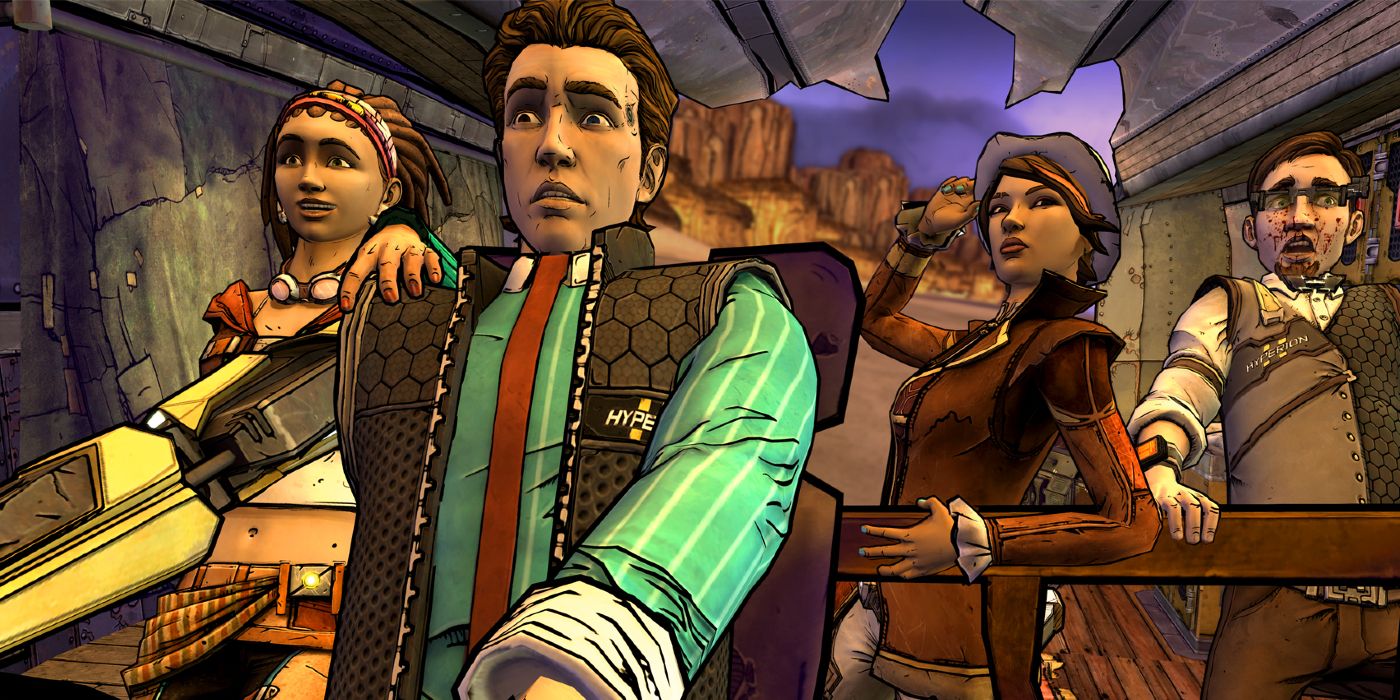

Digressions about anthropology, ancient financial systems, strippers, slavery and reggae (because Jurgen, Claude's supervisor and the novel's straight-laced, hilariously humorless Virgil, once played with Gerhardt And The Mergers, "one of the best reggae and rocksteady crews on the Bavarian financial scene"). Boggy and bloated with a dozen too many subplots. It's goofy good fun until the goofy wears thin, and then it just becomes a book with too much middle, with too many twists and reversals that eventually just feel like stalling for an ending that doesn't really pay off. And when that fails, it becomes, briefly, a book about bank robbery all over again - about the way that someone really might rob a bank that has no safe and nothing but imaginary money inside.

And when that scheme fails, it's a book about an art heist. At that point The Mark And The Void turns a corner and becomes a book about Paul trying to start a website called (because was already taken, natch) which would allow customers to gather information on (read: stalk) their favorite servers at local pubs and restaurants. Right up until Claude explains to him that Bank of Torabundo is an investment bank and, therefore, has no actual money. All Paul needs is to be allowed (along with his partner Igor, an ex-KGB thug whom he passes off as a poet and art historian) to shadow Claude for a little while - to see how things inside the bank actually work.Įxcept Paul isn't really writing a book. Claude, he thinks, would make the perfect Everyman. This one is about banking (his previous one was about clowns), the relationship of financial institutions to the real world, and the life of an Everyman toiling inside one. It's convenient because right at the start, Claude is approached by Paul - a failed writer who claims to be working on a new novel. "It's a fiction," Claude says, meaning the deals, the analysis he does, the bank itself. That is, of course, the trick of all of it. It's observational humor done with nothing but straight men. It's the kind of funny that only works because everyone and everything is so serious, so involved, that no one notices the ridiculousness. A bottled-up workplace comedy that begins in catastrophe, progresses to apocalyptic disaster and yet ends almost exactly where it began. It's not the banking itself that's funny (except when it is) or the bankers (except when they are), but the friction of the banks and bankers rubbing up against the real world. About the mathematics of financial derivatives and mortgage underwriting.

#Tales from the void review full#
I mean, who knows? It's possible that the field of banking fiction is just full of laughs, but I doubt that anyone out there has captured the absurdity of it, the gallows sense of laughing so you don't scream all the time, the way Paul Murray has with his new novel, The Mark And The Void.Īnd maybe calling it the funniest banking book of the year is kind of a low bar, but it might also be the funniest book about art thieves and French philosophy, too (if that helps). This is the funniest book about investment banking and the European financial crisis you'll read all year. Your purchase helps support NPR programming. Close overlay Buy Featured Book Title The Mark and the Void Author Paul Murray


 0 kommentar(er)
0 kommentar(er)
